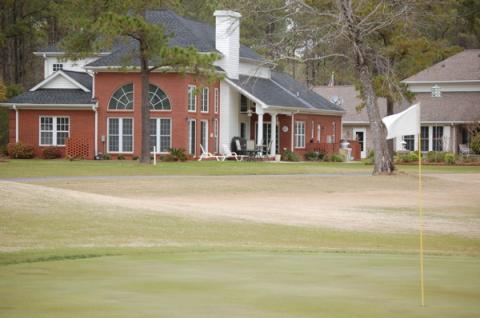More than 90% of the members at Myrtle Beach area private golf club, The Reserve at Litchfield Beach, voted recently to sell to a North Carolina entrepreneur. Now, four former members are holding up the sale.
According to an article in the Myrtle Beach Sun News, the former members claim they are owed reimbursement of their initiation fees under terms that were in effect when they joined the 11-year old club. However, the former members claim that the proposed sales agreement with the McConnell Golf Group would eliminate their reimbursements.
As a rule, initiation fees at equity clubs are higher than those at non-equity clubs. In an equity arrangement, club members are reimbursed a percentage of their "deposits" when they resign;
The Reserve is a fine Greg Norman layout less than a couple of miles from the ocean. Homes in the community sell in the mid-six figures range and up. The McConnell Group has pledged to keep the club private for at least 10 years and intends to close the course for three months, if the deal goes through, and redo all the greens. However, if the current members and their former fellows cannot resolve their dispute, McConnell may look elsewhere for an addition to its growing portfolio of golf courses in the Carolinas. There are plenty of nice but financially strapped clubs to choose among.
I'll follow developments here, pardon the pun but, in the meantime, you can read the Island Packet article by clicking here.

The Greg Norman layout at Oldfield features plenty of waste bunkers and pine trees, as well as an uncertain future.
























